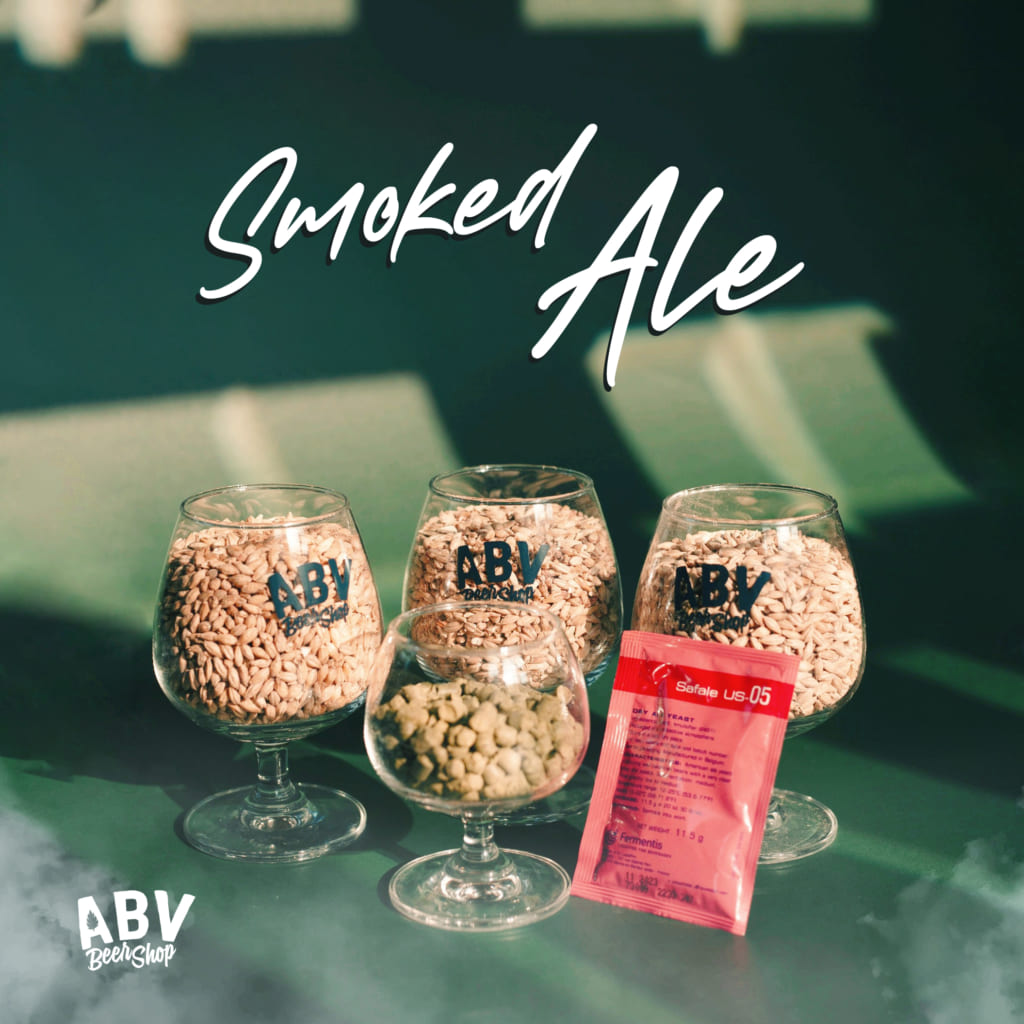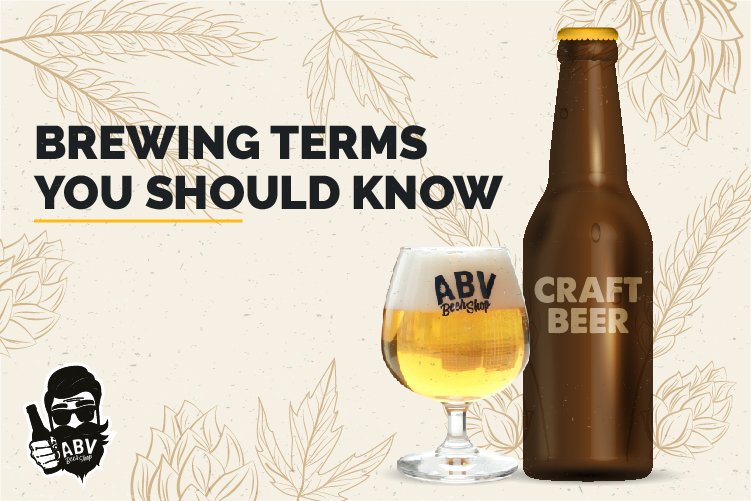Uncategorized
Brewing Terms You Should Know
Basic ingredients to brewing beer
As the main material for brewing beer, the quality of beer malt plays an important role. Standard beer malt will produce excellent batches of beer. There are two main types of malt division, basic malt as the basis for beer, which all beer needs and special malt that adds flavor and flavor to beer.
Used to add bitterness, flavor and aroma to the beer. In general, hops added in the first 30 mins of the boil are for bitterness and hops added in the last 30 mins are for flavor and aroma.
Microorganisms that convert the sugar to alcohol for us, they make the wort into beer.
Beerkit is a concentrated brewing material, consisting of malts and hops that have been measured according to the recipe. It is the perfect choice for beer beginners because the brewing process is simple, easy to succeed.
Click here to see more ABV Beer Shop’s set of beer recipes.

Essential home-brewing equipments
Airlock/ Fermentation Lock
Airlock is used to seal the beer barrel during fermentation. It allows CO2 to escape from the fermentation created by the yeast during fermentation.
Swing Top bottle/ Crown bottle
A glass bottle to store beer after secondary fermentation is also a beer preservation bottle. The difference between these two bottles lies in the cap. Homebrewers should use dark bottles to preserve beer longer.
Hydrometer
Hydrometers are essential equipment in beer production to measure the level of metabolites during fermentation. It helps you assess the beer fermentation process.
Priming Sugar
Priming sugar used to make a priming solution at bottling to produce co2 in the bottle. Yeast consumes the sugar converting into CO2 giving the carbonation we love in beer.
You need to prepare the homebrewing kit which includes the essential equipment. Click here to see more.

Basic terms of craft beer
ABV Alcohol By Volume
Alcohol by volume (abbreviated as ABV, abv, or alc/vol) is a standard measure of how much alcohol (ethanol) is contained in a given volume of an alcoholic beverage (expressed as a volume percent)
IBU International Bitterness Unit
IBU stands for International Bitterness Units, a scale to gauge the level of a beer’s bitterness. More specifically, IBUs measure the parts per million of isohumulone from hops in a beer, which gives beer bitterness.
Body
The body of a beer is characterized as the fullness of the flavor and mouthfeel and descriptors range from watery or characterless to satiating or thick.
Beer style
Beer styles differentiate and categorize beers by color, flavor, strength, ingredients, production method, recipe, history, or origin.
Primary fermentation
Primary fermentation is the initial fermentation, in which yeast convert sugars in grape juice or must to alcohol and carbon dioxide. The alcohol in beer gives the feeling of being drunk and the sparkling CO2 creates a feeling of refreshment, which makes beer different from other drinks.
Secondary fermentation
In fact, no fermentation occurs in this step, it is time for the beer to develop flavor and improve clarity, commonly known as storage.

 Tiếng Việt
Tiếng Việt

